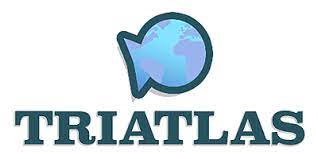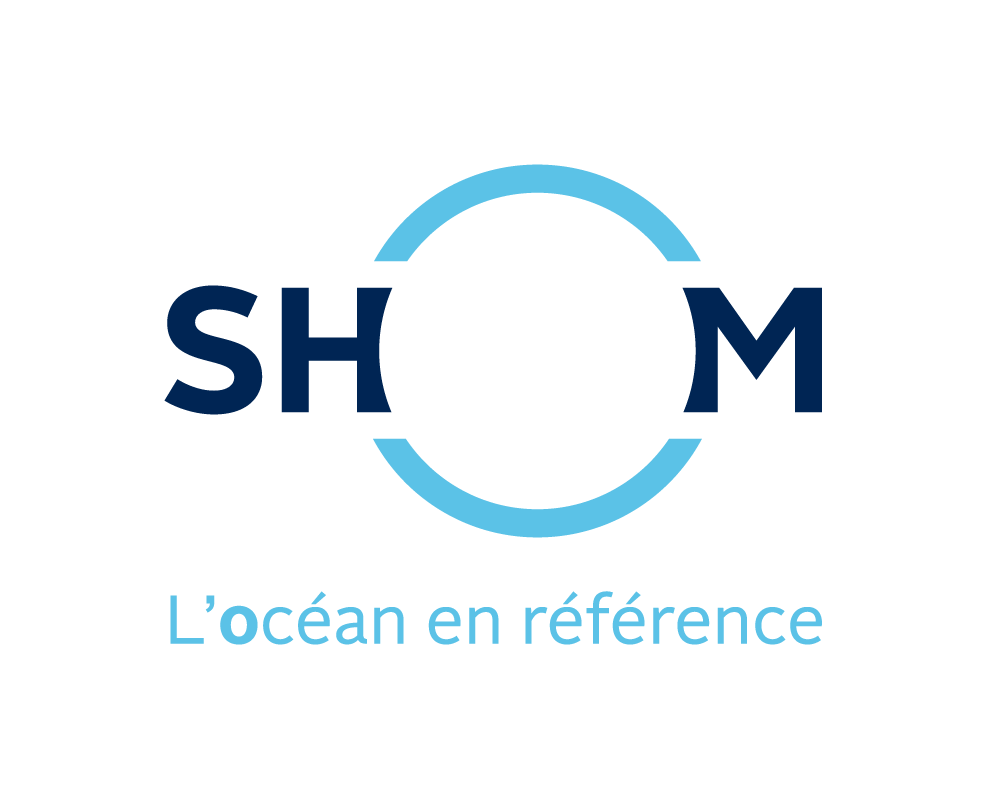University of Cape Town
Type of resources
Topics
Keywords
Contact for the resource
Provided by
Years
Representation types
status
-

The indiSeaS project is co-funded by the Intergovernmental Oceanographic Commission (IOC), the European Network of Excellence Euroceans, “'Institut de recherche pour le développement (IRD)” and the European project on Marine Ecosystem Evolution in a Changing Environment (MEECE). It is a multi-institutes collaborative effort. Scientific experts on ecosystems all over world calculate indicators and provide background information. The IndiSeas project aims at "Evaluating the status of marine ecosystems in a changing world”, using a set of different types of indicators to reflect the effects of multiple drivers on the states and trends of marine exploited ecosystems. It focuses on the effects of fishing, use of ecology, biodiversity, as well as climate and socio-economic indicators on world's marine ecosystems health. The objectives are to review IndiSeas datasets, present preliminary results to regional experts, discuss methods to be developed in each of the six task groups, establish work and publication plans for the future. Expertise from over 70 scientists, 49 research institutes and 36 countries.
-

To assess the status of the South and Tropical Atlantic marine ecosystem and develop a framework for predicting its future changes, from months to decades, by combining ecosystem observations, climate-based ecosystem prediction and information on future socio-economic and ecosystem service changes, and thus to contribute to the sustainable management of human activities in the Atlantic Ocean as a whole. TRIATLAS contributes to this by delivering knowledge of the current state and future changes of the Atlantic marine ecosystems. We achieve this goal through a basin-wide approach that integrates research from the North and South, and that closes critical knowledge gaps in the Tropical and South Atlantic that impede an understanding of the entire basin. 33 partners from 13 countries Project duration: June 2019 – May 2023 Monthly model biomass values for the best fitted Ecosim model of the Southern Benguela ecosystem for the period 1978-2015. The model was driven by fishing effort/mortality and a forcing function applied to phytoplankton, based on a cumulative upwelling index, and was fitted to available catch and abundance time-series data.
 Metadata catalogue
Metadata catalogue